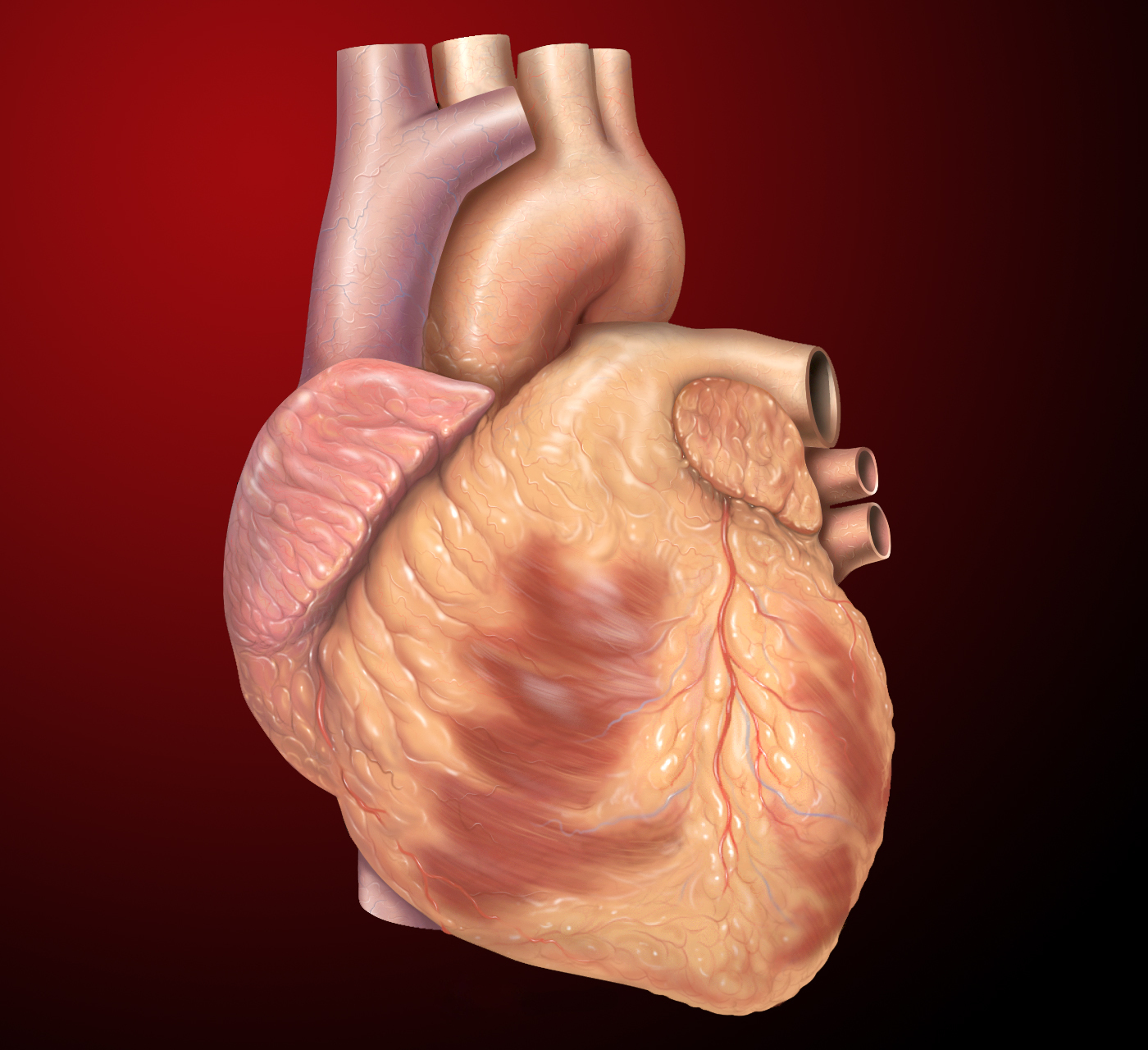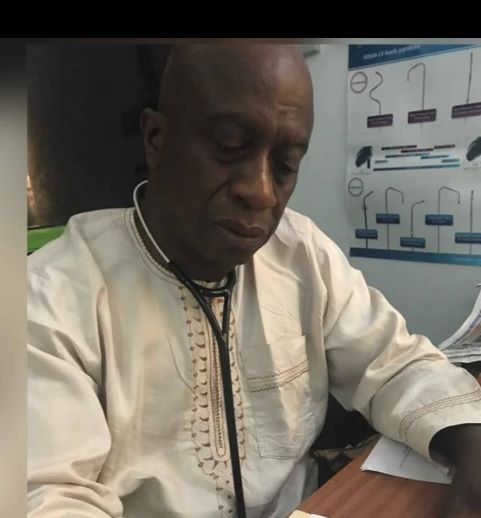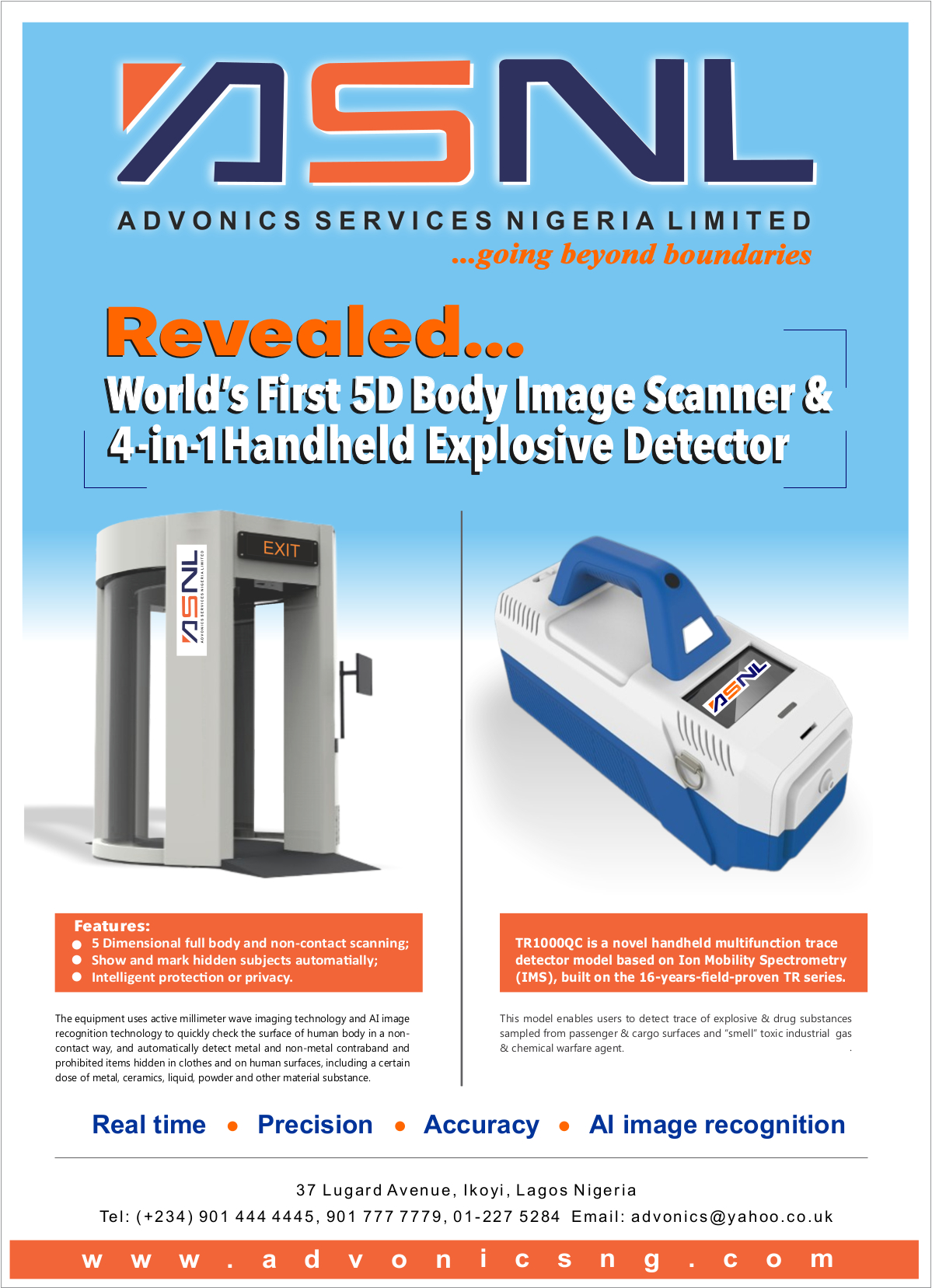Lifestyle
The Heart And Sudden Death

By Onye G. Achilihu MD, FACC
The heart beats roughly every second of our lives, two and a half billion times during an average lifespan. It does not rest, pumping around seventy-four gallons of blood every hour once we become adults. Although it weighs only about fifteen ounces, it is an incredibly powerful pump, generating an amount of energy in a day enough to drive a car twenty miles.
In fact, it is two pumps aligned side by side. The right side of the pump receives oxygen deficient blood from the extremities carrying it to the lungs where oxygen-rich blood is returned to the heart from where the left side of the pump distributes the blood to vital organs.
In size it is roughly the size of one’s clenched fist. However it can stop at any moment. It can stop when we are new born babies asleep in the crib or when we are teenagers playing in the field.
It can also arrest while we are engaged in strenuous or not so strenuous activities or even while we are asleep. The heart is the ultimate arbiter of our lives. When it calls time, the game is over.
What then is sudden cardiac death? By definition it is death occurring within one hour of onset of symptoms. This can occur in a person with established or acute heart disease, in an apparently normal asymptomatic individual as well as those with strong genetic predisposition. The keyword is ‘Sudden’
FACTS
- The exact number of Nigerians dying suddenly is not known but reports from the medical community and lay press indicate an increased incidence. This can be explained by multiple factors such as increased awareness and prevalence of multiple risk factors for heart disease.
- In advanced countries approximately half a million cases of out of hospital arrests occur yearly, representing 1% of the population. Of the witnessed arrests with standard Cardio Pulmonary Resuscitation (CPR), only 31% survive.
- Approximately 50% of cardiac deaths are sudden. This proportion is unchanged despite overall decrease in cardiovascular mortality over the decades.
- Approximately 45% of sudden death victims have no documented heart disease.
- Another 35% have documented heart disease with heart function of over 40%
- Another 15% have heart disease with heart function of less than 40%
- Less than 5% have genetics-related conditions which puts them at risk for sudden cardiac death
- At the time of arrest, the predominant rhythm of the heart is a chaotic irregular rhythm called Ventricular Fibrillation or Ventricular tachycardia which prevents the heart from contracting efficiently. This can be amenable through electrical therapy if help arrives promptly.
- Others include pulse less electrical activity or asystole. Both have very poor prognosis
- Most cases of sudden cardiac death occurring in young athletes less than 40 years of age are related to genetic mutations
- In people over forty years, sudden cardiac death is related to “heart attack” due to blocked arteries, particularly in those with risk factors such as diabetes, high cholesterol, obesity, tobacco use and family history
- For patients with structural heart disease the following tests are needed for evaluation
- Complete history and physical examination
- Determination of the coronary status
- A measure of the function of the heart by ultrasound

AUTOPSY FINDINGS
- 50% of sudden cardiac death victims with a history of blockages in the heart arteries show evidence of heart attack
- 5% of sudden cardiac death victims without a history of blockages in their heart arteries have evidence of heart attack at autopsy
Role of Heart Function
- People with heart function of less than 35% have an increased risk of sudden cardiac death regardless of the etiology
- Heart function of greater than 35% is neither specific or sensitive to predict sudden cardiac death
PREVENTION:
- Improved risk stratification
- Better utilization of current therapies
- Faster emergency medical response
- Teaching cardiopulmonary resuscitation and advanced cardiac life support techniques to medical personnel and lay public
- Provision of automatic cardiac defibrillators in public places
- Prophylactic implantation of defibrillators in patients whose heart function remain low regardless of cause despite optimal medical therapy
GENETIC TESTING
Gene testing is highly recommended as part of autopsy for sudden cardiac death
SUMMARY
- Current models/makers for sudden cardiac death are neither sensitive nor specific
- Optimal goal-directed treatment for coronary artery disease and risk factors could be beneficial
- Structural heart disease with heart function less than 35% will benefit from a defibrillator
- Screening for genetic defects with electrocardiogram and a good history
- Since we cannot predict sudden death perfectly, maybe we can improve the outcomes since most sudden cardiac deaths occur as out of hospital arrests
Note:
Not all sudden deaths are related to the heart. Other causes include:
- Blood clot in the lungs ( pulmonary embolism )
- Massive stroke
In the end, death is always sudden, however long one awaits.
Dr. Achillihu is a Fellow American College of Cardiology
Send Us A Press Statement Advertise With Us Contact Us
And For More Nigerian News Visit GWG.NG


